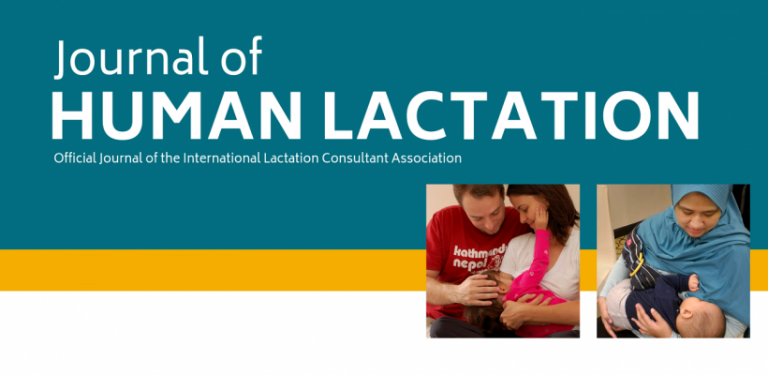 In June, 2019, Drs. Anahit Demirchyan and Dzovinar Melkom Melkomian — researchers from the Avedisian Onanian Center for Health Services Research and Development (CHSR) of the American University of Armenia (AUA) — published an article titled “Main barriers to optimal breastfeeding practices in Armenia: A qualitative study.” The paper was published in the international peer-reviewed Journal of Human Lactation, the official journal of the International Lactation Consultant Association.
In June, 2019, Drs. Anahit Demirchyan and Dzovinar Melkom Melkomian — researchers from the Avedisian Onanian Center for Health Services Research and Development (CHSR) of the American University of Armenia (AUA) — published an article titled “Main barriers to optimal breastfeeding practices in Armenia: A qualitative study.” The paper was published in the international peer-reviewed Journal of Human Lactation, the official journal of the International Lactation Consultant Association.
The article was based on a comprehensive formative research conducted by the AUA Turpanjian School of Public Health (SPH), with support from the United Nations Children’s Fund (UNICEF). The research sought to identify the main problems and concerns with regard to child and pregnant woman nutrition in Armenia. The paper reveals the specific findings related to perceived barriers to optimal breastfeeding practices. This topic was selected purposefully. It is well known that optimal breastfeeding provides an infant with the best possible start in life. However, despite the comprehensive National Breastfeeding Promotion Program initiated in Armenia as early as in 1993 and successfully implemented till the early 2000s, the Demographic and Health Survey data (2015-2016) show that the median duration of exclusive breastfeeding was only 2.2 months and only 15% of 4-5 month-old children were breastfed exclusively. The authors used these findings to focus policymakers’ attention on the issues that prevent women in Armenia from successfully practicing breastfeeding.
This qualitative study investigated the perspectives of obstetrician gynecologists, neonatologists, pediatricians, and mothers of young children on the subject of the study. Ninety-nine participants from the city of Yerevan, Lori and Shirak marzes participated in numerous focus group discussions and in-depth interviews, enriching the study with a wide spectrum of experiences and perceptions on the topic.
The study identified two major groups of barriers to optimal breastfeeding practices: shortcomings in the health system and knowledge deficiencies in mothers and healthcare providers. The lack of skilled breastfeeding support services in the country and low motivation of providers, often related to low remuneration for their services, were identified as the main systemic barriers. The principal knowledge-related barriers included insufficient counseling of women; lack of up-to-date information sources on infant feeding; and a number of widespread misconceptions on infant feeding among mothers as well as providers. The study developed recommendations that could help policymakers to adopt effective strategies for improving the existing situation with breastfeeding in Armenia, thus providing infants the best chance for a healthy life.
The AUA Turpanjian School of Public Health works actively to improve population health and health services in Armenia and the region through interdisciplinary education and development of public health professionals to be leaders in public health, health services research and evaluation, and health care delivery and management.
